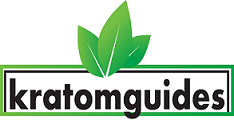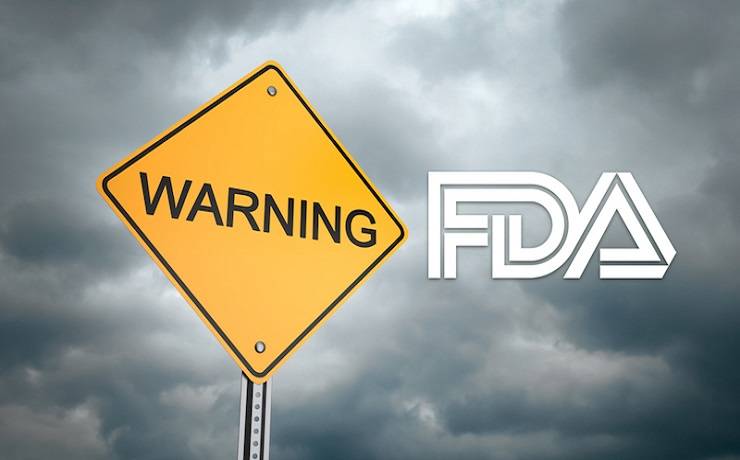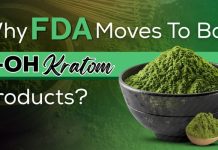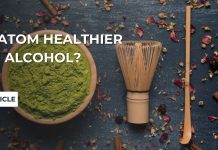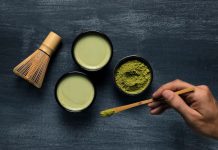On Tuesday, May 22, 2018, the U.S. Food and Drug Administration issued warning letters to three Kratom companies who were reportedly involved in illegal distribution of Kratom. The companies made deceptive claims that their product can treat Opioid addiction Opiate withdrawal symptoms.
According to FDA, the companies have been using illegal marketing strategies for the sale of their products. FDA said that Kratom has been involved in dozens of deaths and has effects similar to that of other narcotics especially Opiates.
To the world, which is unaware of Kratom, it is an herb that is native to various countries of Southeast Asia. Traditionally, it has been used for centuries by local farmers to relieve pain and get rid of fatigue.
The leaves of the plant have an active alkaloid known as Mitragynine which is known to produce the stimulant effect. At higher doses, the same alkaloid produces sedation.
Gradually, this herb got famous and got entrance to the Western world where many did get benefit from the use of Kratom. Seeing, that it was unregulated, the FDA and DEA took strict actions.
Back in 2016. The DEA even imposed a ban on Kratom and placed it under Schedule I substances. This resulted in a massive outcry from the Kratom users especially American Kratom Association, who were of the view that Kratom is a safe substance and has immense potential in the world of medicine, provided proper scientific research is carried on it.
AKA has been advocating for the legalization of Kratom in all states of Kratom and has Kratom vendors to be very vigilant while selling Kratom products to avoid any mishap.
It has also refused to accept the claims of the FDA that Kratom is like an Opiate and the side effects, as well as effects of Kratom, are similar to that of Opiates. It has tried to regulate the sale of Kratom and ensured maximum transparency.
The AKA is also willing to help the FDA with research on Kratom to assess the benefits of Kratom as a medicinal substance for Opiate withdrawal and treatment of Chronic Pain.
The companies that have been issued warning letters this time include Kratom Spot of Irvine, Revibe Inc of Kansas City, Missouri and Front Range Kratom of Aurora, Colorado. The companies were selling unapproved Kratom-containing drug substances that had unproven claims.
In a statement, the FDA Commissioner Scott Gottlieb said: “Despite our warnings that no kratom product is safe, we continue to find companies selling kratom and doing so with deceptive medical claims for which there’s no reliable scientific proof to support their use.” Scott added that more than 65 Kratom products were included in the warning letters, some of which claimed to treat pain, cancer, decrease neuron damage, lower blood pressure, etc.
The FDA spokesperson told that these companies have been selling products on their website and various social media networking accounts with such deceptive marketing claims.
The FDA isn’t aware of these benefits of Kratom. FDA told that Kratom is an analog of Opiate and instead of treating addiction, it causes dependence and addiction, therefore, it is a threat to the public health.
Though Kratom is not placed under the Federal Controlled Substance as yet, it is a drug of concern for the FDA. The FDA has not approved any of the medical uses that are being claimed for marketing of the product.
FDA has requested these three companies to respond within 15 working days, and in case the violation is not corrected, it may result in law enforcement action which includes seizure or injunction.
Earlier this year FDA contacted Revibe to recall all their products after it was found that their products were contaminated with Salmonella.
Previously FDA also had sent warning letters to CBD companies which included Stanley Brothers Social Enterprises LLC, which does business as CW Hemp, of Colorado Springs, Colo; That’s Natural Marketing & Consulting, of Pueblo, Colo; Green Roads Health, of Pembroke Pines, Fla; and Natural Alchemist, of El Dorado Hills, Calif. The FDA claimed that they are increasingly concerned about products that are claiming to treat ailments like cancer.
FDA rejected the idea of classifying CBD as a dietary supplement by the Investigational New Drug Applications submitter for CBD containing drugs known as Epidiolex and Sativex.
FDA also sent such warning letters to CBD companies back in 2015 and 2016.
The FDA was of the view that these companies are selling CBD claiming that it can cure cancer and all other types of diseases but they have no proof. The FDA stated that they would treat any marijuana-related product as a substance of abuse and this means that they won’t spare CBD either.
Kratom advocates have resurfaced once again, and they are defending Kratom because of the beneficial effects they have observed. According to them, their life has substantially improved after taking Kratom for pain, depression or anxiety. For them, it’s a ray of light.
Many users on drug forums and Reddit have shared their encounters about Kratom. They claim it is not addictive and it doesn’t cause dependence. Thus, it shouldn’t be labeled as an Opiate.
It is a safe substance which has no serious side effects, and if taken in small regulated dose it can help with symptoms of Opiate withdrawal, relieve chronic pain, alleviate anxiety, stress, and depression, as well as overcome insomnia.
So far none of the three companies have responded to the warning letters issued to them, and out of three, two companies including Kratom Spot and Front Range Kratom of Aurora have refused to comment while the third company is not reachable up till now.
However, it is necessary that the Kratom marketing companies state facts about Kratom in line with the regulations laid down by the FDA.
This can prevent any violation of the FDA and also allow the users to go for informed consent. Self-policing approach can help in legalizing Kratom.
